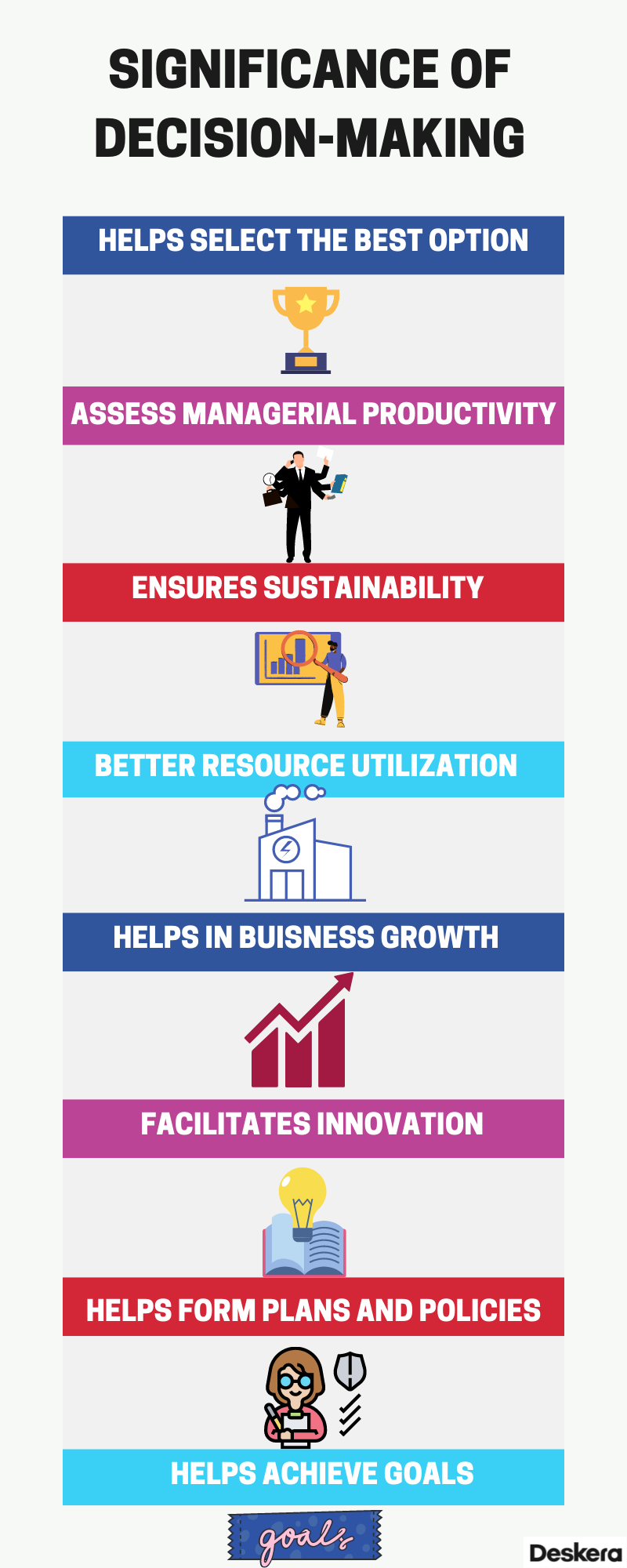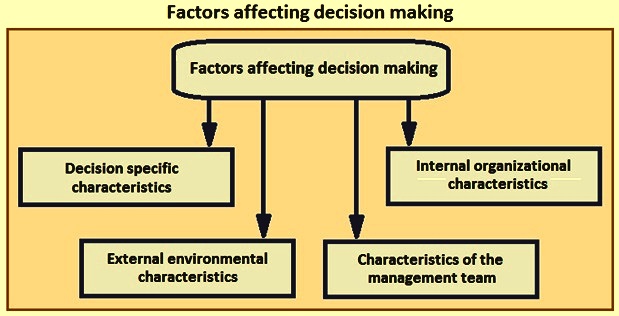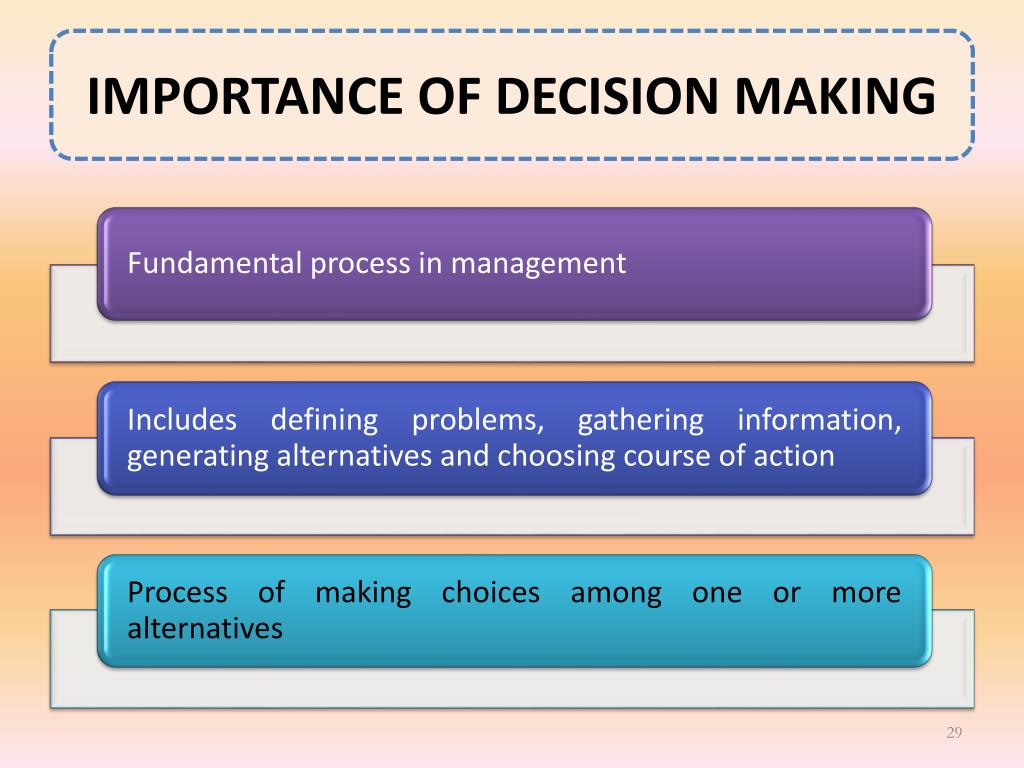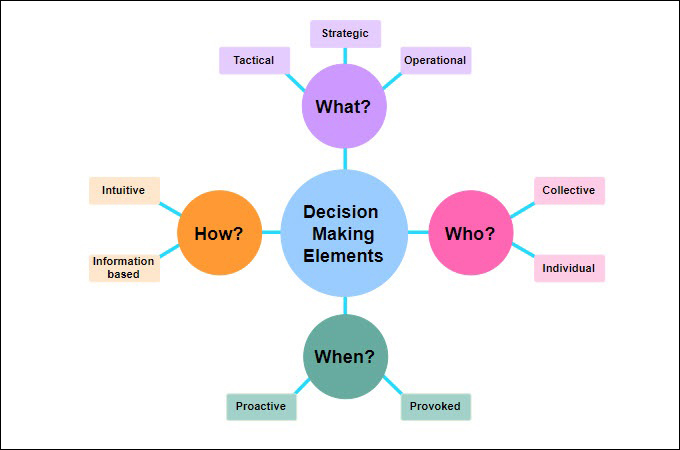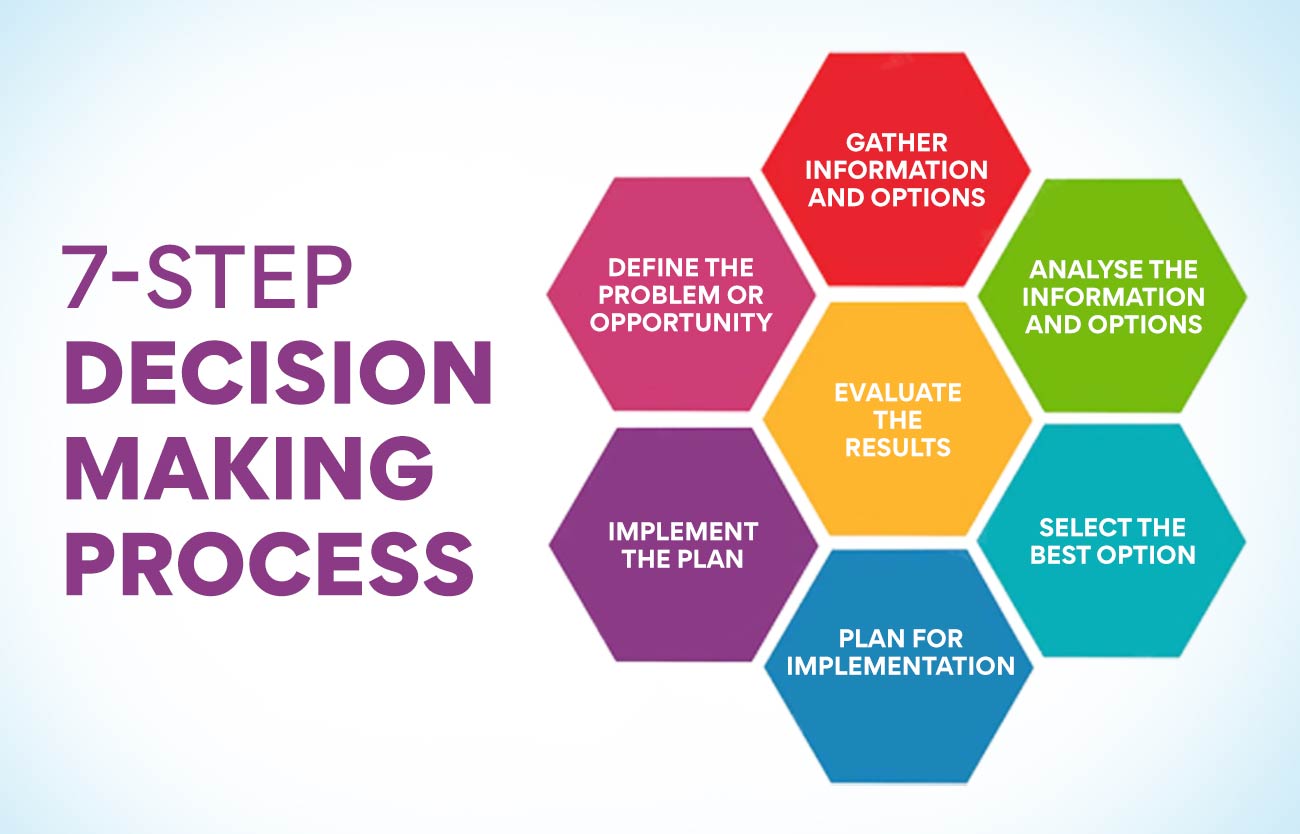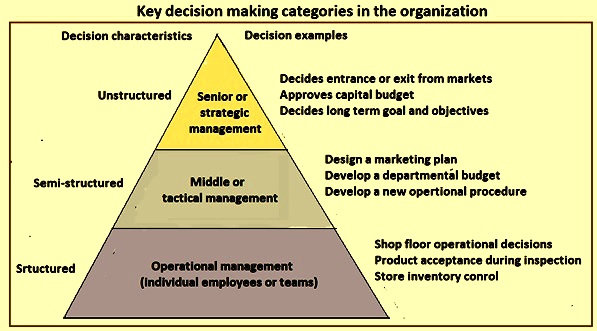Importance Of Decision Making In An Organization
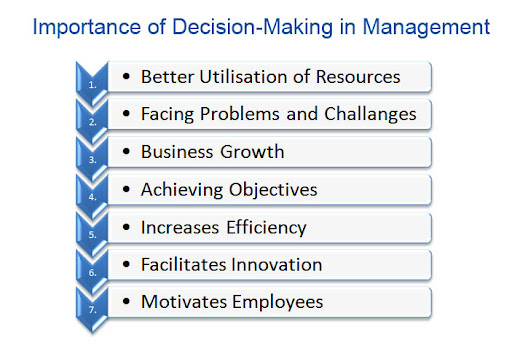
In the high-stakes world of business, where fortunes are won and lost on the turn of a dime, the ability to make sound decisions is no longer a desirable attribute – it's a critical survival skill. From the boardroom to the factory floor, every choice, big or small, ripples through an organization, shaping its trajectory and ultimately determining its success or failure. A misstep can trigger a cascade of negative consequences, while a well-considered decision can unlock unprecedented opportunities.
At the heart of organizational effectiveness lies the often-underestimated power of decision-making. This core competency influences everything from resource allocation and strategic direction to employee morale and customer satisfaction. This article delves into the multifaceted importance of decision-making within organizations, examining its impact on various aspects of operations and exploring strategies for improving decision-making processes.
Strategic Direction and Competitive Advantage
Effective decision-making is the bedrock of strategic planning. A company's ability to anticipate market trends, assess competitive threats, and capitalize on emerging opportunities hinges on the quality of its decisions. Without a robust decision-making framework, organizations risk becoming reactive rather than proactive, perpetually playing catch-up to their competitors.
Consider the case of Blockbuster, a once-dominant force in the video rental industry. Their failure to recognize the potential of streaming services and adapt their business model ultimately led to their downfall, a stark reminder of the consequences of poor strategic decisions. Conversely, companies like Netflix, which embraced technological advancements and made bold strategic choices, have thrived in the digital age.
Resource Allocation and Operational Efficiency
Every organization faces the challenge of allocating scarce resources effectively. Whether it's capital, personnel, or time, these resources must be deployed in a way that maximizes their impact and contributes to the overall goals of the organization. Decisions about resource allocation directly impact operational efficiency and profitability.
Data from a 2023 study by McKinsey suggests that companies with strong decision-making processes are 2.5 times more likely to achieve superior financial performance. This underscores the critical link between effective resource allocation and organizational success. Smart decisions regarding investments, hiring, and process optimization can significantly boost productivity and reduce costs.
Employee Morale and Engagement
Decision-making isn't just a top-down process; it permeates all levels of an organization. Empowering employees to make decisions, particularly those that directly affect their work, can significantly boost morale and engagement. When employees feel valued and trusted, they are more likely to be motivated and productive.
According to a report by Gallup, companies with high employee engagement outperform their peers by 23% in profitability. This highlights the importance of fostering a culture of participatory decision-making, where employees feel heard and respected. Creating opportunities for employees to contribute their expertise and perspectives can lead to better decisions and a more positive work environment.
Risk Management and Crisis Response
Organizations inevitably face risks and crises, ranging from economic downturns to reputational threats. The ability to make quick, informed decisions in the face of adversity is crucial for mitigating damage and ensuring business continuity. Effective decision-making during a crisis can be the difference between survival and collapse.
The 2008 financial crisis served as a stark reminder of the importance of proactive risk management and decisive action. Organizations that were able to quickly assess the situation, adapt their strategies, and make difficult decisions were better positioned to weather the storm. A well-defined crisis management plan, coupled with strong decision-making capabilities, is essential for navigating turbulent times.
Improving Decision-Making Processes
Several strategies can be employed to enhance decision-making processes within organizations. These include implementing data-driven approaches, fostering a culture of open communication, and promoting diversity of thought. Investing in training and development programs can also equip employees with the skills and knowledge needed to make informed decisions.
Embracing technology, such as data analytics and artificial intelligence, can provide valuable insights and support more informed decision-making. Encouraging constructive debate and challenging assumptions can help to avoid groupthink and ensure that all perspectives are considered. By cultivating a culture of continuous improvement, organizations can refine their decision-making processes over time.
Looking Ahead
The importance of decision-making in organizations will only continue to grow in the increasingly complex and competitive global landscape. As businesses face new challenges and opportunities, the ability to make strategic, informed decisions will become even more critical for survival and success. Organizations that prioritize decision-making excellence will be best positioned to thrive in the years to come.
By embracing data-driven approaches, fostering open communication, and empowering employees at all levels, organizations can cultivate a culture of effective decision-making. This, in turn, will lead to improved strategic direction, resource allocation, employee morale, and risk management, ultimately driving long-term success. The future belongs to those who can make the right choices, at the right time.
